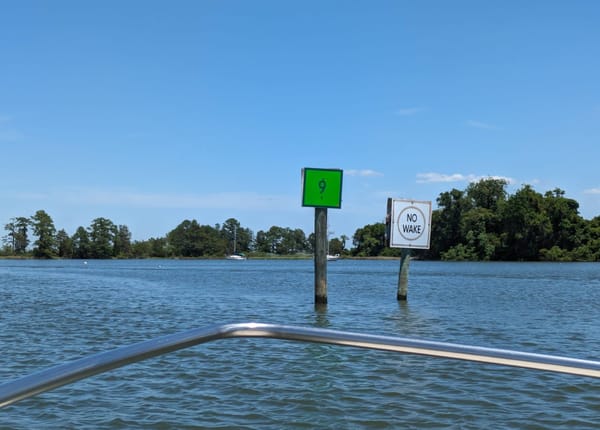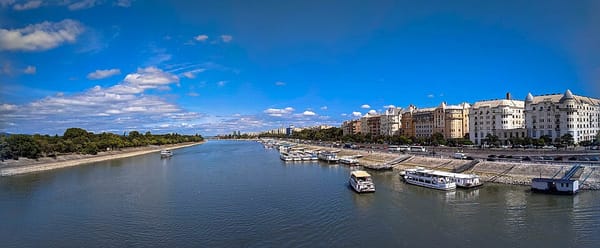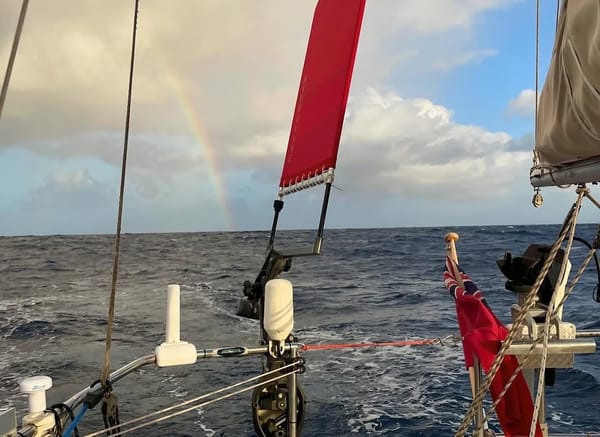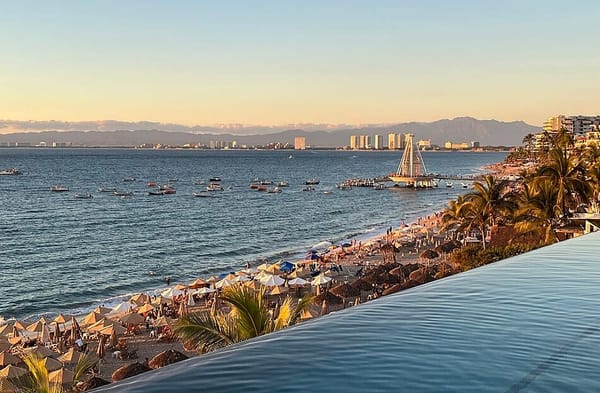Marine Filtration 101: Fresh Tasting Water Aboard the Boat
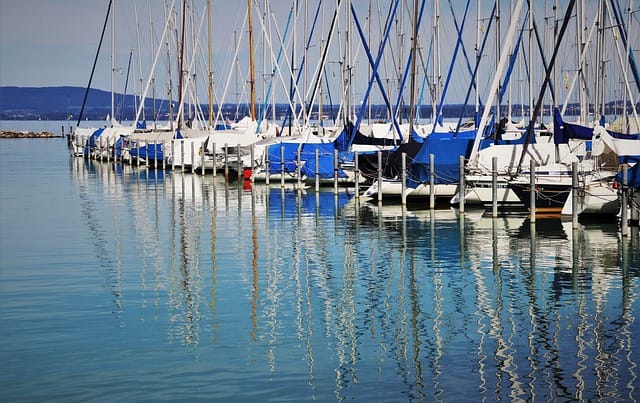
A water filtration system is an important thing to have whether it’s on a liveaboard boat or a day cruiser. It provides clean and safe water for drinking and cooking as well as that morning cup of coffee or tea at the private boat dock rental. Plus, you won’t have to spend all that time lugging boxes of bottled water on board (which can also take up space in tight quarters).
An important part of a boat’s plumbing system, the holding tank is where the water is stored before magically flowing through the pipes and out of the faucet. The holding tank, however, doesn’t necessarily prevent foul-tasting water. Polyethylene holding tanks are less likely to hold odors (compared to aluminum or stainless steel), but that doesn’t mean they wouldn’t benefit from having a water filtration system of some sort. Let’s discuss.
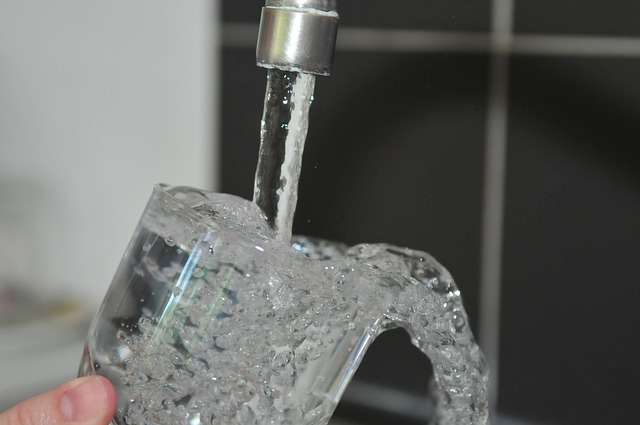
Photo: Pixabay
Benefits of a Marine Water Filtration System
- Water that tastes good
- Save on the purchase of bottled water
- Filters out bugs, dirt and other things that can get into the tank (especially if you collect rainwater)
- Removes bacteria (in case you don’t chlorinate the water in the tank)
- Removes chlorine (in case you do use chlorine to kill bacteria in the tank) – Chlorine works to purify the water, but you certainly don’t want to drink it
Types of Water Filtration on a Boat
There are a couple of different types of water filtration systems you can use on a boat, including after/right at the tap, directly connectable to the faucet and a traditional plumbing filter and housing.
After/Right at the Tap
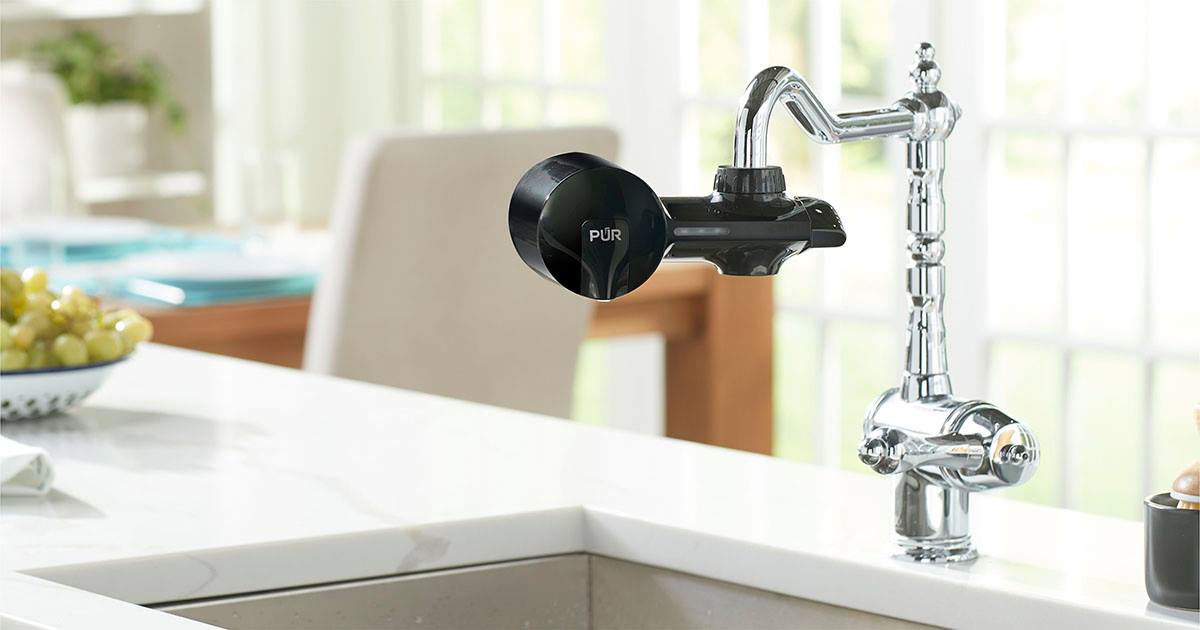
Photo: PUR (via Facebook)
This type is available in pitchers (water is filtered in the pitcher just like at home) or as a screw-on tap at the faucet. Brita, PUR or ZeroWater are popular brands and can be easily added to your boat’s galley whether in water, at a marina or docked at a private boat slip for rent.
Pros
- Good for occasional use
- Charcoal filter removes unpleasant tastes
- Very simple installation
- Readily available
Cons
- Short filter life that can make them more expensive overall
- Not as much protection from mold in the water
- Can be inconvenient and bulky to store in a boat fridge (as well as easily spilled)
Connectable to the Faucet
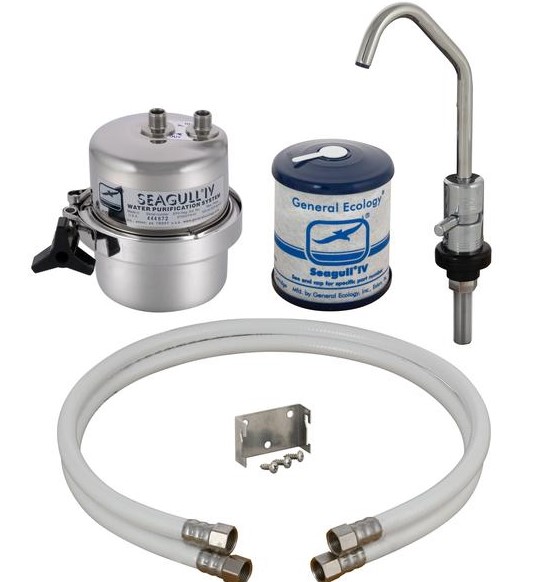
This type of marine water filtration system comes with its own faucet. They’re smaller than most, provide excellent purification and are a smart choice for long-term and liveaboard use. Nature Pure and Seagull Marine are two of the top brands. Made by General Ecology, Seagull meets EPA standards to guard against bacteria and viruses. It’s excellent at removing chemicals, herbicides, pesticides, chlorine and all-around unpleasant tastes and colors.
Pros
- Top of the line
- No extra holes to cut in the sink and cabinet
Cons
- Limited availability in stores and outside the U.S.
- Must be installed in a tight space
- Changing filters can be a challenge
- Initially expensive and filters are expensive
Standard Filter and Housing
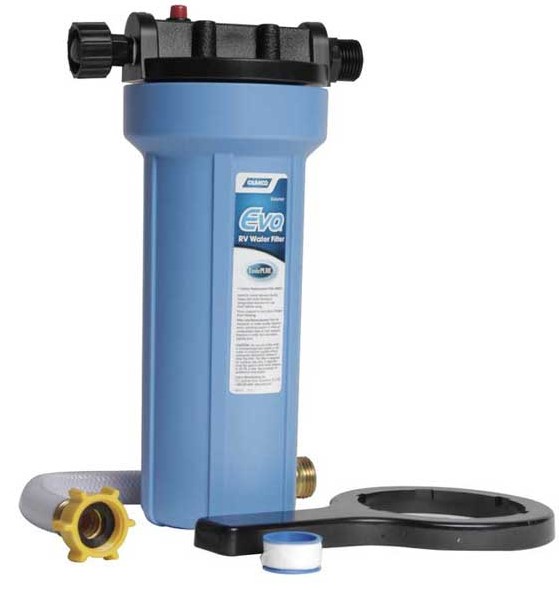
Standard plumbing filters and housings are easily obtainable, easy to install and less expensive than the Seagull version. The filter housing can be placed anywhere for a flexible installation under the sink, and you can choose the types of filters you use (whether pleated, string-wound or charcoal). You can choose if you want a dedicated faucet, whether it’s on the hot or cold side or on a foot pump (or a combination of the three). Two brands to check out include American Plumber and Whale.
The main thing to consider when choosing a water filtration system is how often you’ll be using it. If you only take day trips, don’t really use the galley for cooking or have a private boat slip rental with access to filtered water, a pitcher or screw-on faucet-style filter will suit just fine. If you take extended trips - like a Great Loop adventure, cruising to the Bahamas from Florida or sailing the Bahamas-Cuba Loop - then you’ll want a more advanced system.
We hope you’ve found some helpful tips for choosing a water filtration plan for your boat.
